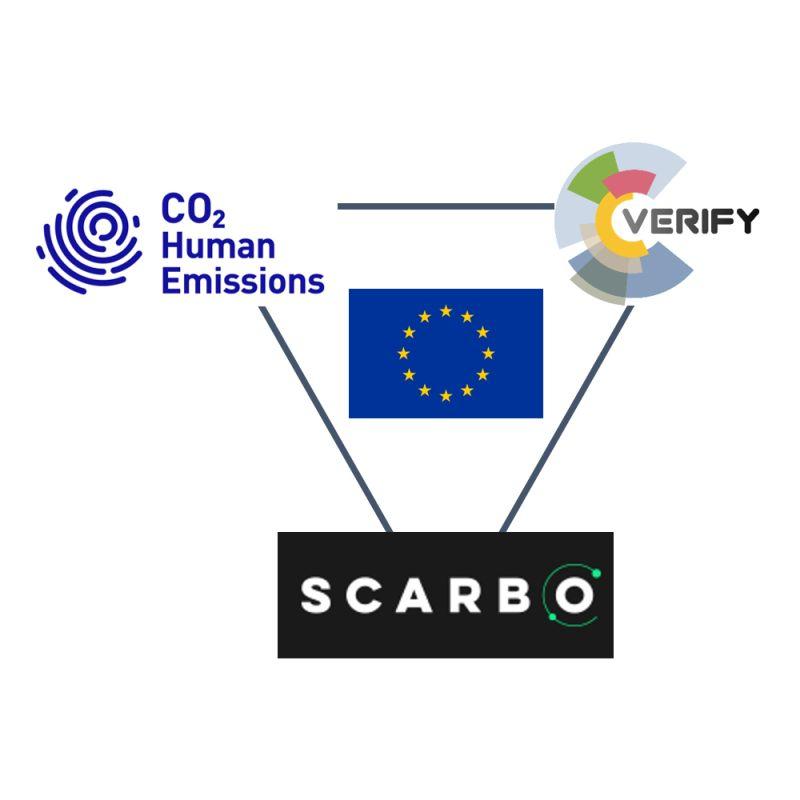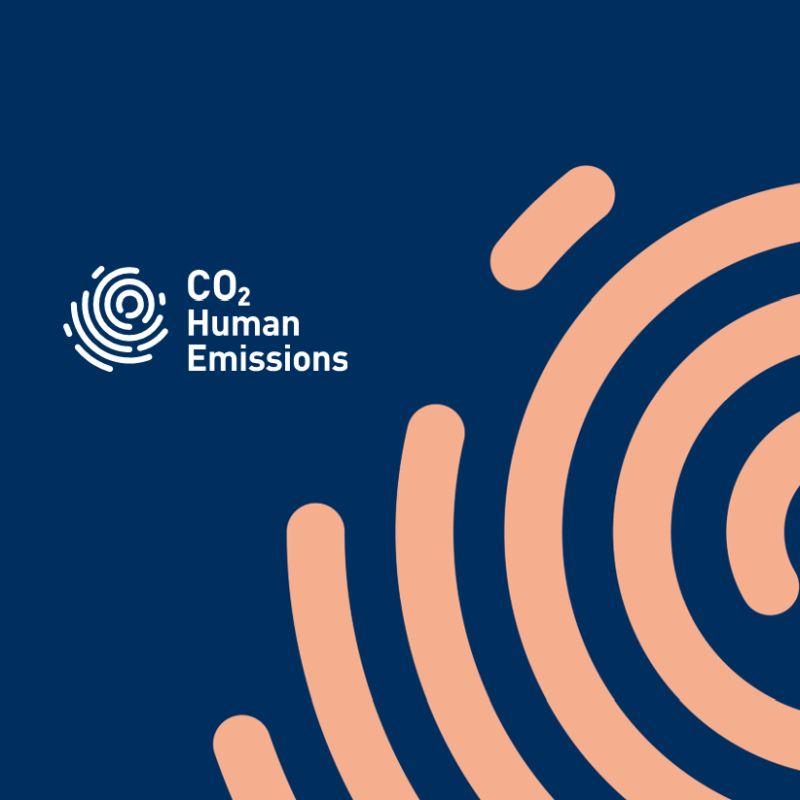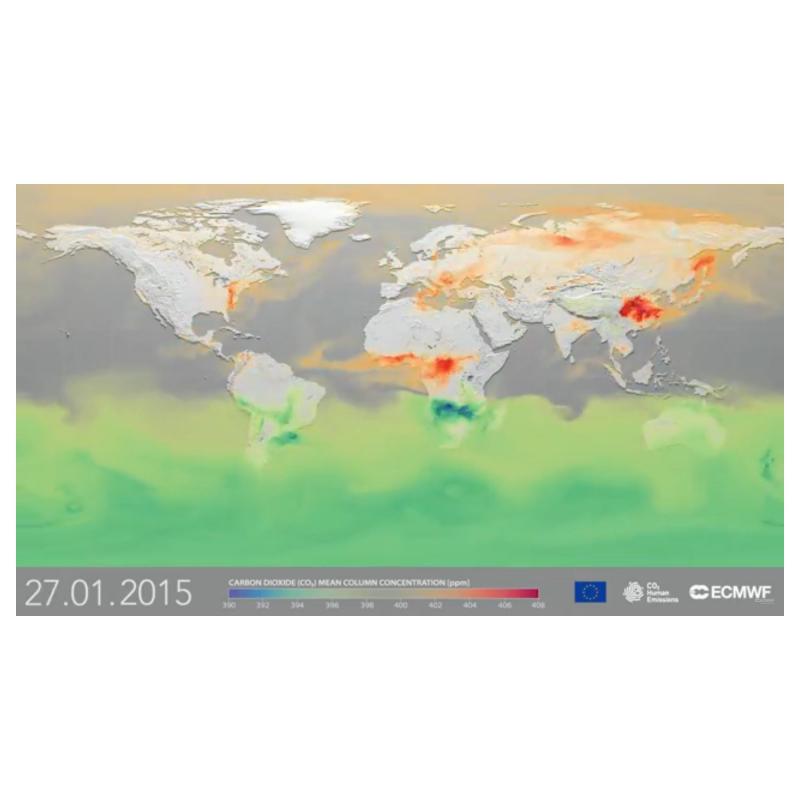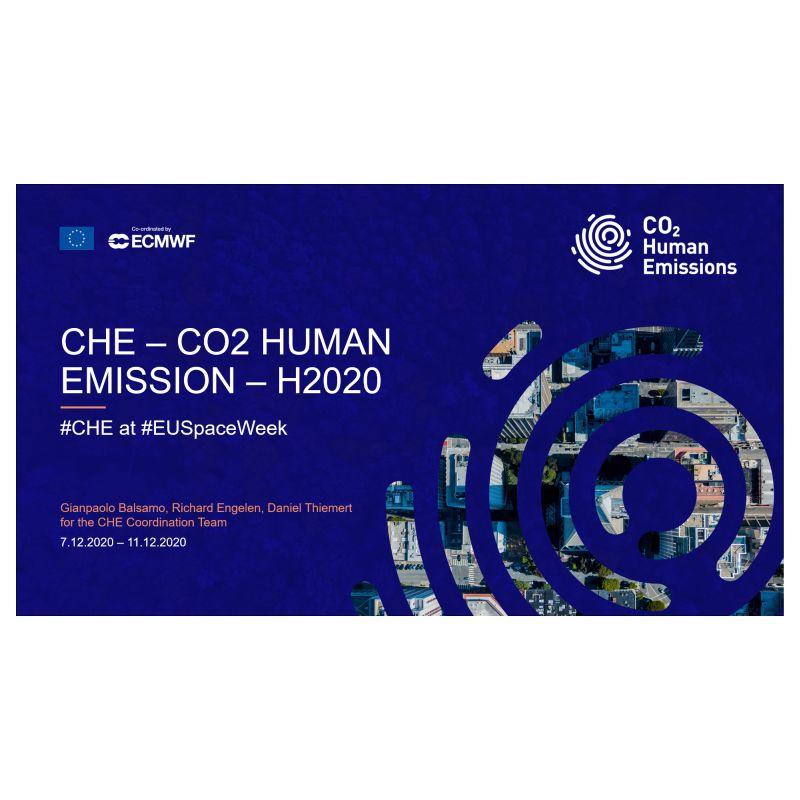 The Horizon 2020 project SCARBO (Space CARBon Observatory), implemented by a consortium of 10 European organisations led by Airbus Defence and Space, started its activities in January 2018 and will run until December 2021. The Kick-off meeting took place in March 2018 in Toulouse and was attended (via call-in) by the CHE coordinator.
The Horizon 2020 project SCARBO (Space CARBon Observatory), implemented by a consortium of 10 European organisations led by Airbus Defence and Space, started its activities in January 2018 and will run until December 2021. The Kick-off meeting took place in March 2018 in Toulouse and was attended (via call-in) by the CHE coordinator.
The SCARBO project aims at solving a key challenge of anthropogenic greenhouse gases (GHGs) monitoring from space: improve the temporal revisit over the various sites of interest while meeting the accuracy and spatial resolution requirements (as per the EU guidelines on anthropogenic GHGs monitoring). This is envisaged by implementing a novel miniaturised static spectrometer concept on a constellation of small satellites (< 500 kg), coupled with aerosol sensors and high-end reference instruments.
The challenge of the project is to overcome the current technological and economical roadblocks of existing GHG monitoring missions (measurement uncertainties due to aerosols, provision of both high accuracy measurements and high temporal frequency of GHG measurements within a reasonable cost envelope). SCARBO will address both CO2 and CH4.
CHE is linked with SCARBO via the User Advisory Board.
 Another close link has been established with the H2020 Project VERIFY (Observation-based system for monitoring and verification of greenhouse gases), implemented by a consortium of 38 partners and led by CEA, France. A number of CHE partners are also participating in this project, thus creating natural links.
Another close link has been established with the H2020 Project VERIFY (Observation-based system for monitoring and verification of greenhouse gases), implemented by a consortium of 38 partners and led by CEA, France. A number of CHE partners are also participating in this project, thus creating natural links.
VERIFY aims to develop scientifically robust methods to assess the representativeness of national greenhouse gas inventories reported by the parties through an independent pre-operational framework providing estimates of anthropogenic GHG emissions and carbon sinks and associated uncertainties.
VERIFY proposes to quantify more accurately carbon stocks and the fluxes of carbon dioxide (CO2), methane (CH4), and nitrous oxide (N2O) across the EU based on independent observations in support of inventories that rely mainly on self-reported statistical data.
The same approach will also be tested for the United States, China and Indonesia, in collaboration with foreign partners. Accurate characterization of the space-time variations of GHG fluxes, separating their anthropogenic and natural components and their drivers, will be based on advanced modelling approaches using atmospheric GHG measurements, tracer transport inversions and various arrays of land observations, in-situ and from space. The improved knowledge of GHG budgets from VERIFY will be used to improve national inventories, in collaboration with national inventory agencies, and to deliver policy-relevant information to track progress of the EU mitigation efforts to meet the targets of the Paris Agreement on Climate, in line with international cooperation mechanisms promoted by the UNFCCC, the IPCC and the WMO.
Similarly to SCARBO, CHE is linked with VERIFY through the Advisory Boards, i.e. CHE is on the Advisory Board of VERIFY, and vice-versa.
A more detailed description of the synergies between VERIFY and CHE and the avenues for collaboration can be found in the recently published CHE Deliverable D6.6 Report on Synergies and Complementarities between CHE and VERIFY.
CHE will establish further links with other initiatives to ensure an alignment of activities. This will be part of Work Package 6 - International Stakeholder Coordination and Liaison.






